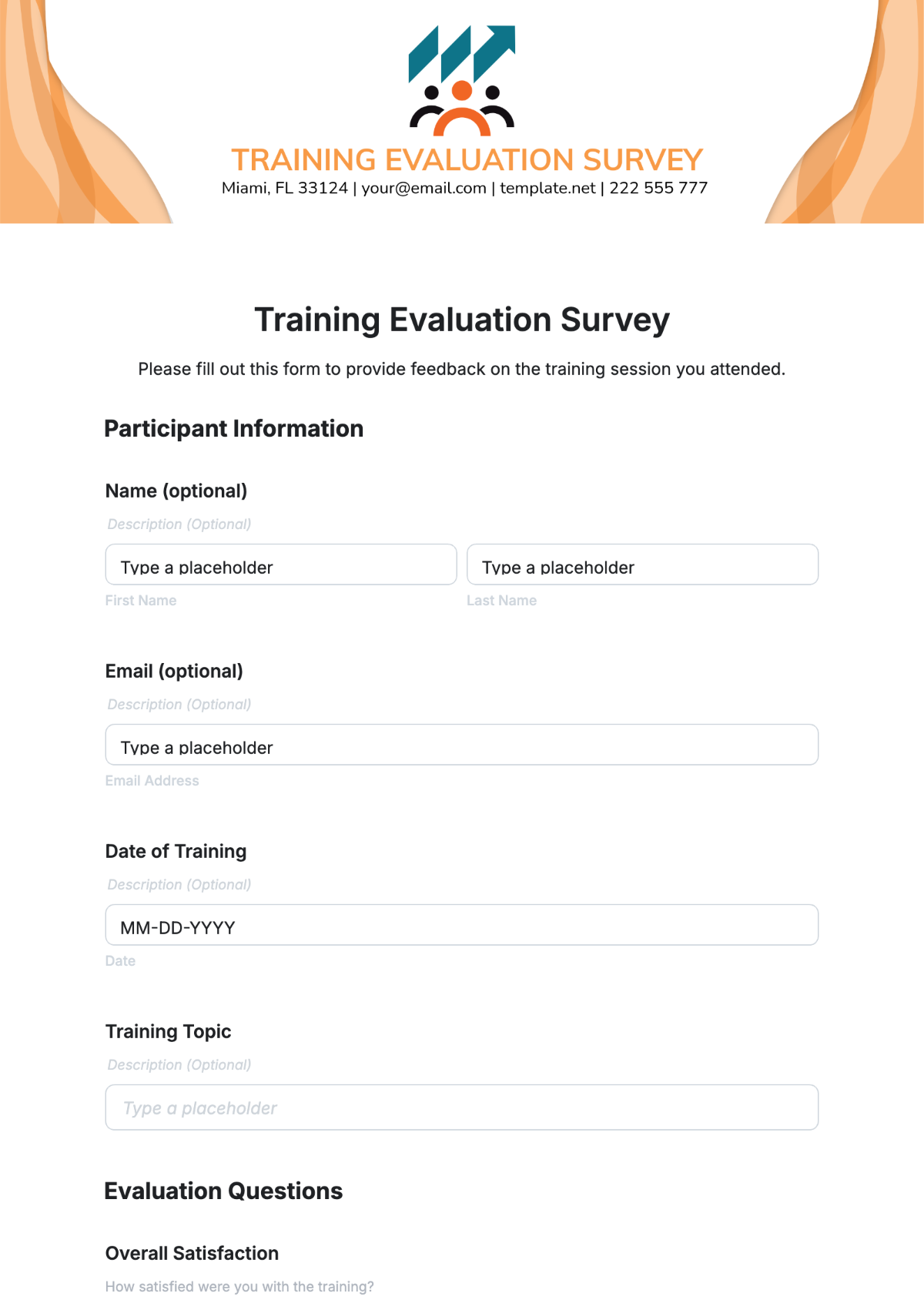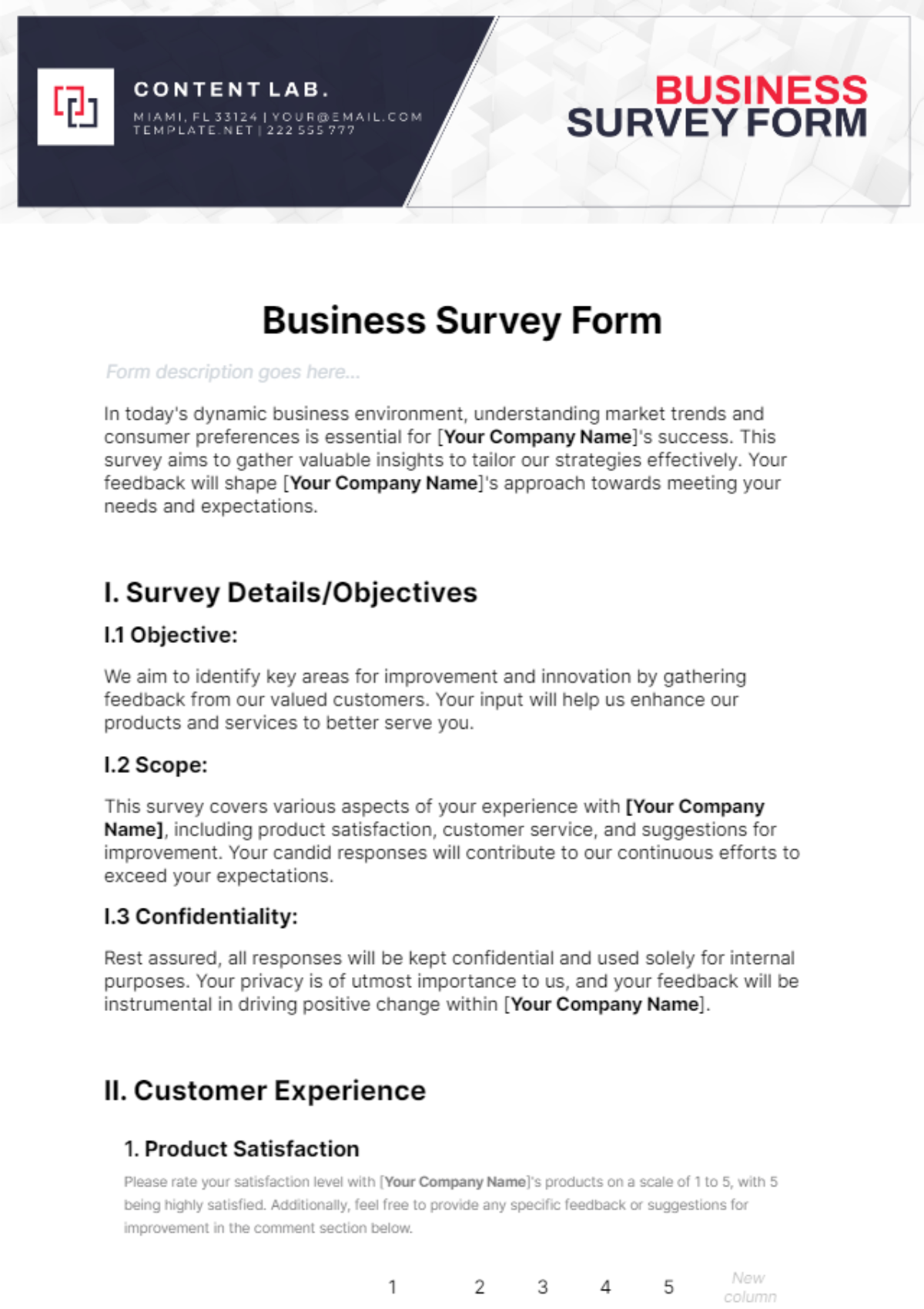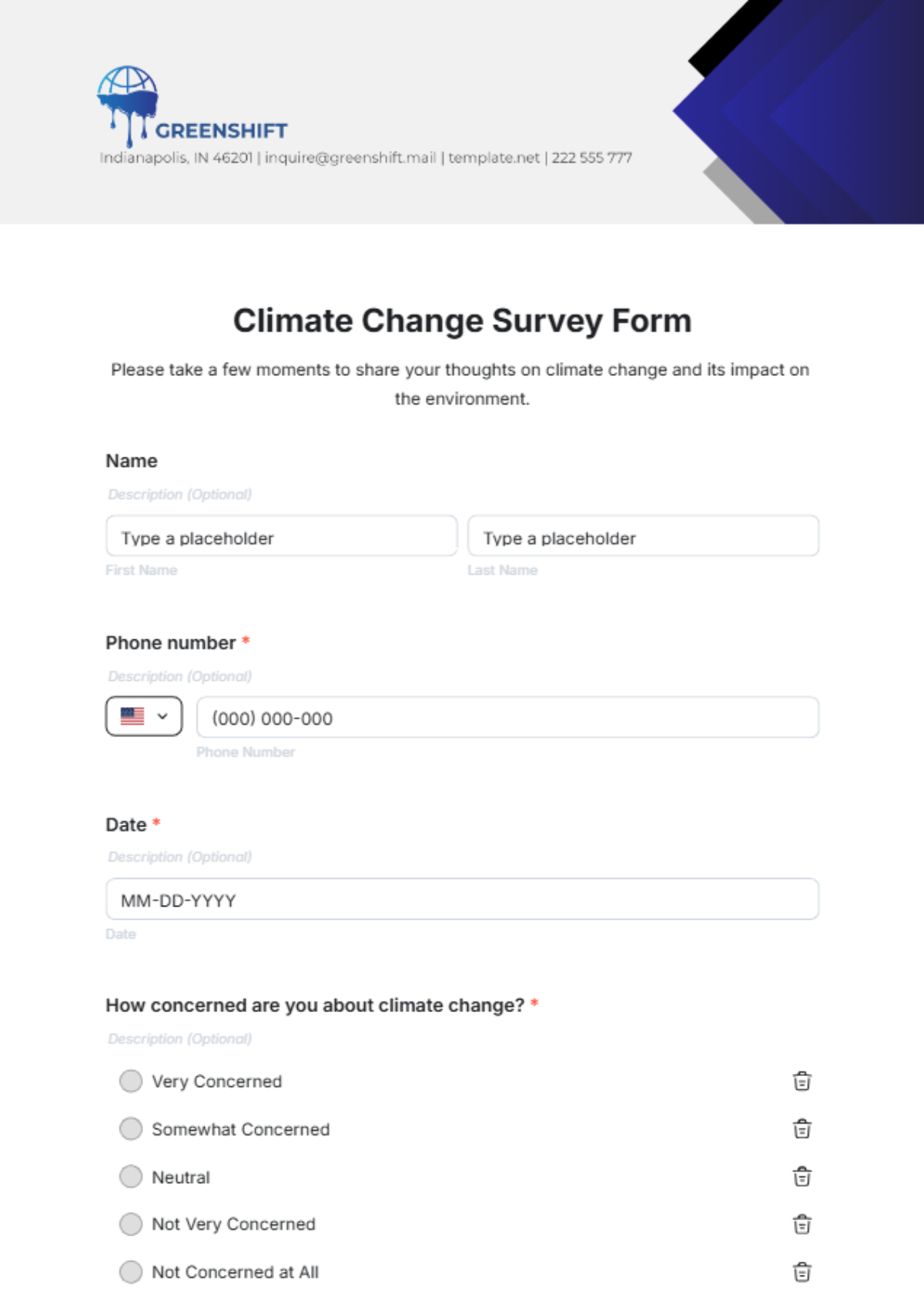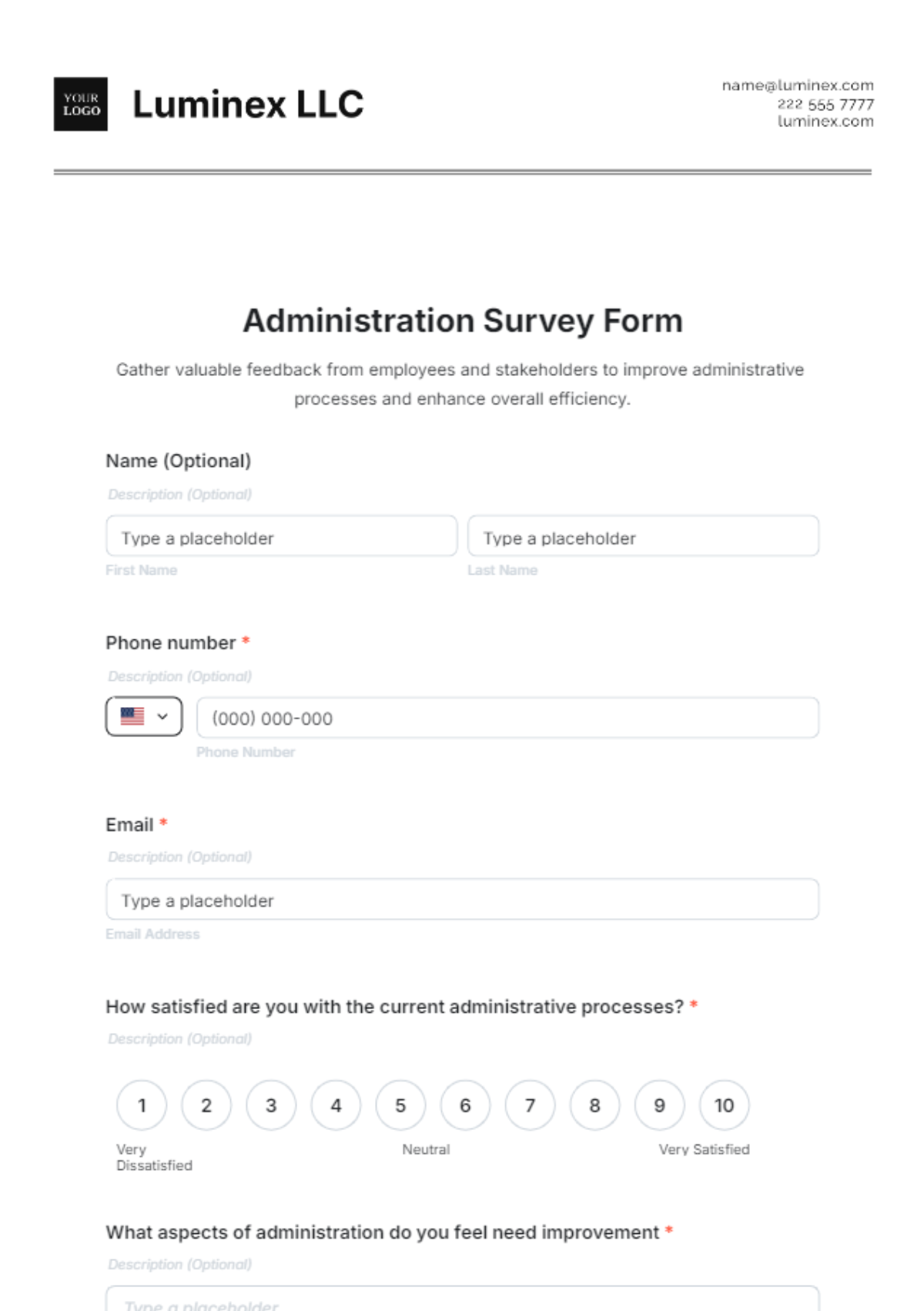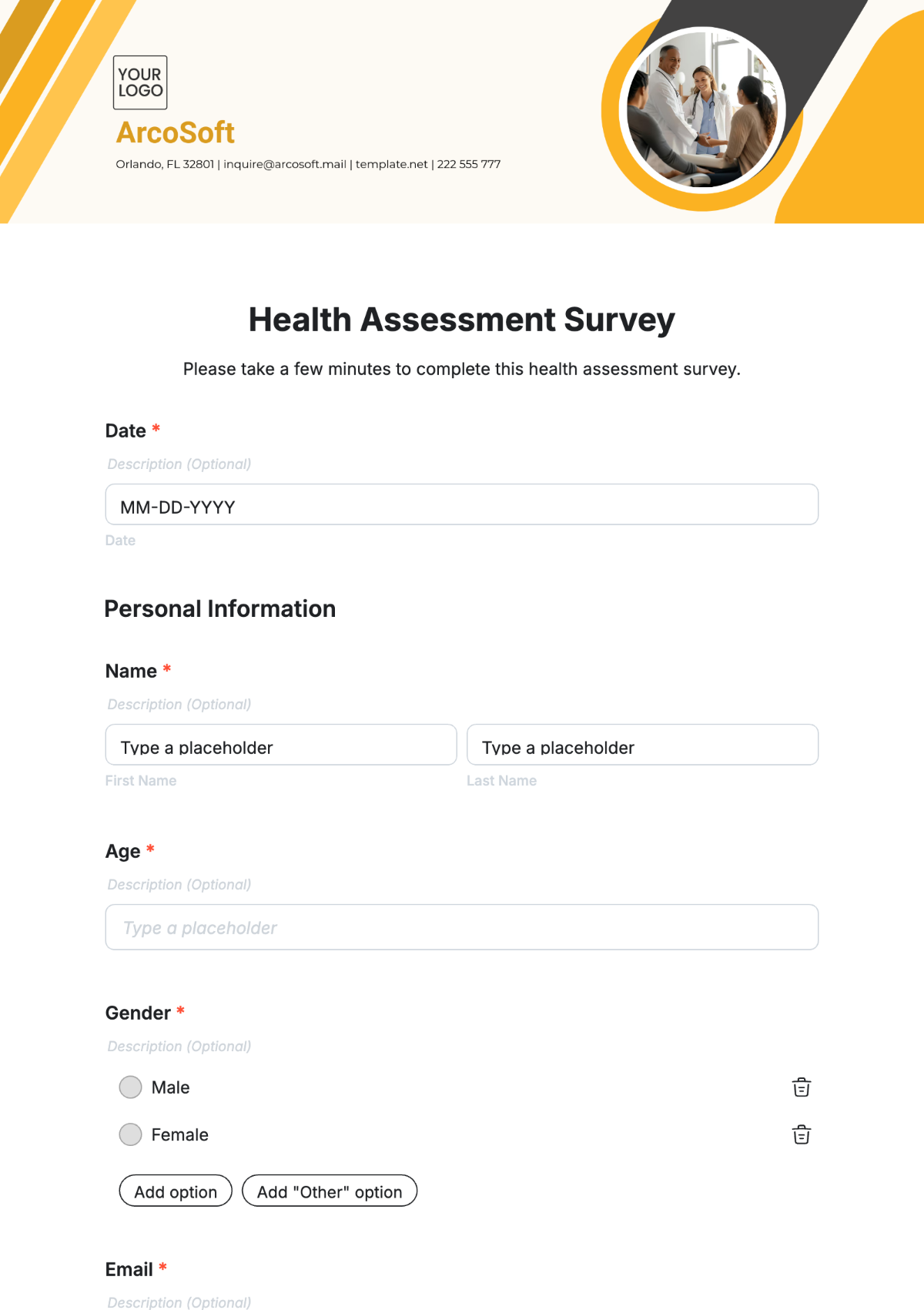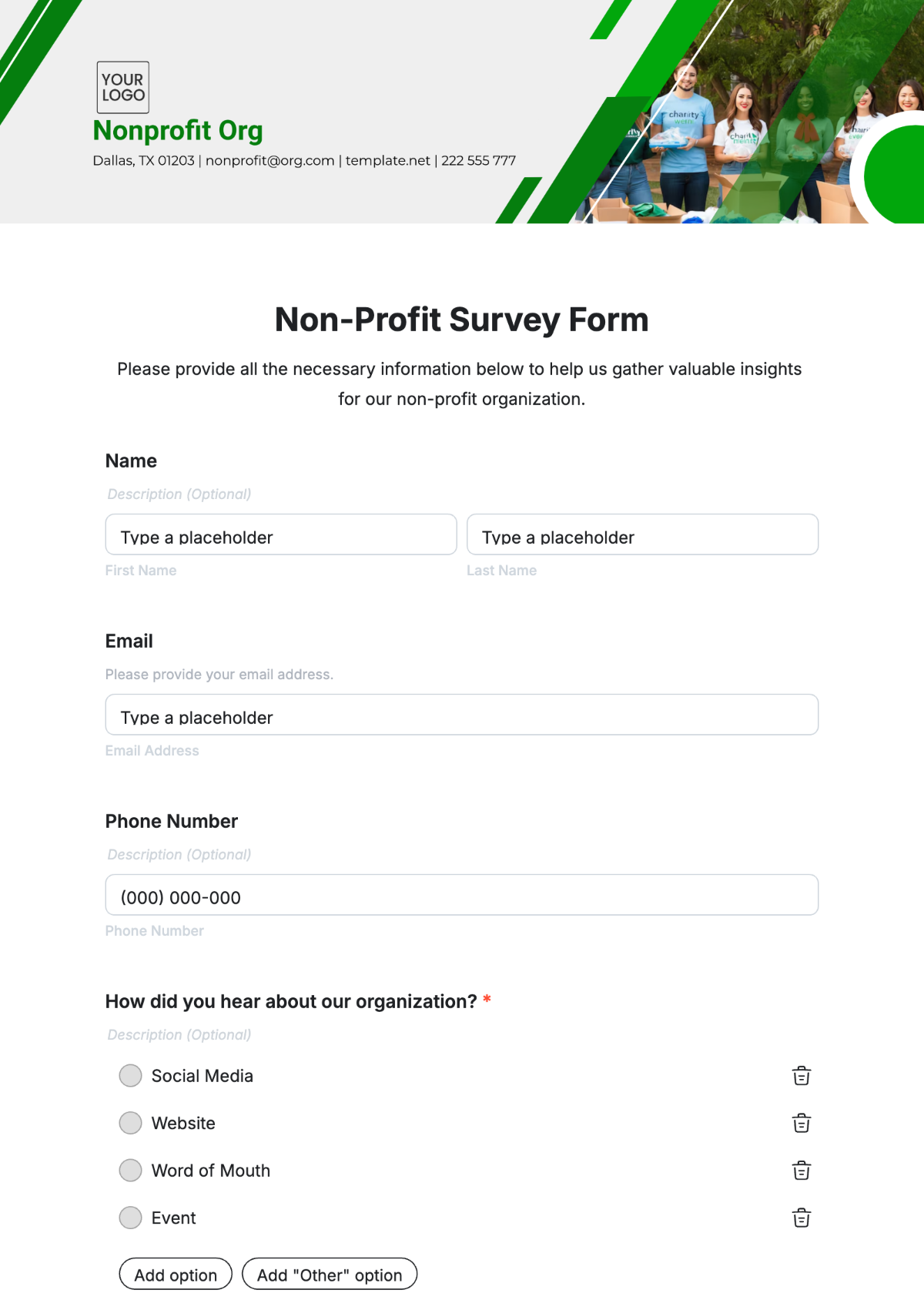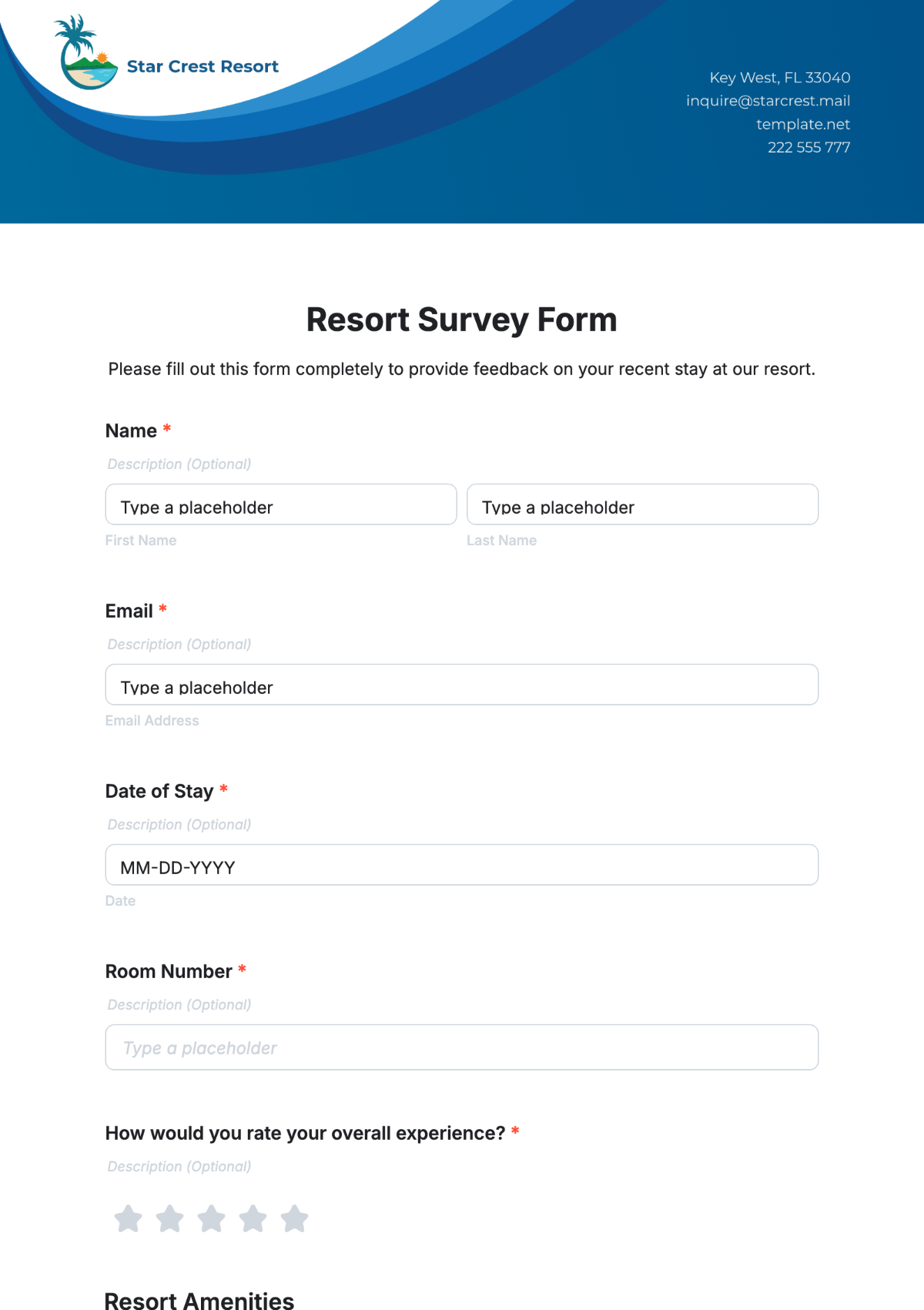Survey Journal Article
"Climate Change Adaptation Strategies Review"
Written By: [Your Name]
Publication Date: [Date]
Introduction
Climate change adaptation has become a critical area of focus for researchers, policymakers, and communities worldwide. The challenges posed by global temperature increases, shifting weather patterns, and rising sea levels have prompted a vast amount of research across various disciplines. This survey journal article aims to provide a comprehensive review and analysis of the existing literature, studies, and data on climate change adaptation strategies. The purpose is to identify key trends, common approaches, gaps in research, and future directions that could inform more effective adaptation policies and practices.
Methods
This review follows a systematic approach to identify and evaluate relevant literature. Databases such as Google Scholar, JSTOR, and ScienceDirect were searched using specific keywords: "climate change adaptation," "resilience," "vulnerability assessment," and "sustainable practices." Peer-reviewed journal articles, government reports, and influential publications from the past decade were included. A critical analysis of the methodologies and findings of each source was performed to evaluate their contributions to the field.
Review of Key Adaptation Strategies
Agricultural Adaptation
Agriculture is one of the most vulnerable sectors to the impacts of climate change. Numerous studies highlight the need for innovative agricultural practices that enhance resilience to extreme weather events. Crop diversification, water management, and soil conservation techniques are among the most commonly recommended strategies. For example, a review of African agricultural systems reveals that agroforestry and conservation agriculture significantly improve soil quality and reduce vulnerability to droughts.
Infrastructure and Urban Planning
Urban centers are increasingly exposed to climate risks such as flooding, heat waves, and coastal erosion. Green infrastructure, including urban forests, green roofs, and wetlands, has been identified as an effective adaptation strategy to mitigate these risks. A survey of 50 cities in Europe found that integrating green spaces into urban planning not only helps with flood control but also promotes biodiversity and enhances the quality of life for residents.
Coastal Protection
Rising sea levels pose a significant threat to coastal communities. Studies suggest that managed retreat, construction of seawalls, and the restoration of coastal ecosystems such as mangroves and coral reefs are essential for mitigating the impact of storm surges and coastal erosion. One notable example is Bangladesh's coastal management plan, which has successfully reduced the number of lives lost in cyclone-prone areas by adopting a combination of structural and ecosystem-based solutions.
Water Resource Management
Water scarcity is another pressing issue exacerbated by climate change. Adaptation strategies in this area often involve integrated water resource management (IWRM), which includes practices such as rainwater harvesting, the use of recycled water, and the development of drought-resistant crops. A study conducted in India's Rajasthan region demonstrated that community-based water management systems significantly improved access to water during prolonged dry periods.
Gaps in Research
Despite the breadth of research available, several gaps remain in the field of climate change adaptation. First, there is a lack of localized data on climate impacts, particularly in developing countries. Adaptation strategies that work in one region may not necessarily apply to another, highlighting the need for more context-specific studies. Second, there is insufficient research on the economic implications of adaptation measures. Most studies focus on technical or ecological solutions, leaving out comprehensive cost-benefit analyses that could better inform policy decisions.
Future Directions
As climate risks intensify, the demand for more comprehensive and adaptable strategies will grow. Future research should prioritize integrating traditional knowledge with scientific approaches, particularly in rural communities where indigenous practices have historically contributed to resilience. Furthermore, cross-sectoral collaboration between governments, private companies, and local communities will be crucial in developing sustainable adaptation frameworks. Researchers should also focus on adaptive governance models that are flexible enough to respond to the rapidly evolving climate landscape.
Conclusion
Climate change adaptation is a dynamic and evolving field that requires ongoing research and innovation. The literature reviewed in this article underscores the importance of sustainable practices in agriculture, urban planning, coastal management, and water resource management. However, to develop more effective adaptation strategies, there is a need to address gaps in localized data and economic considerations. Moving forward, integrating traditional knowledge and fostering cross-sectoral collaboration will be key to enhancing resilience in the face of escalating climate threats.
References
IPCC. (2050). Climate Change 2050: Impacts, Adaptation, and Vulnerability. Cambridge University Press.
Smith, J., & Perez, J. (2055). Urban Adaptation to Climate Change: A Survey of Green Infrastructure Solutions. Journal of Environmental Planning and Management, 62(4), 521-538.
Brown, M., & Adams, C. (2060). Water Resource Management under Climate Change: Strategies for Resilience. Environmental Science & Policy, 104, 78-87.
Journal Article Templates @ Template.net









